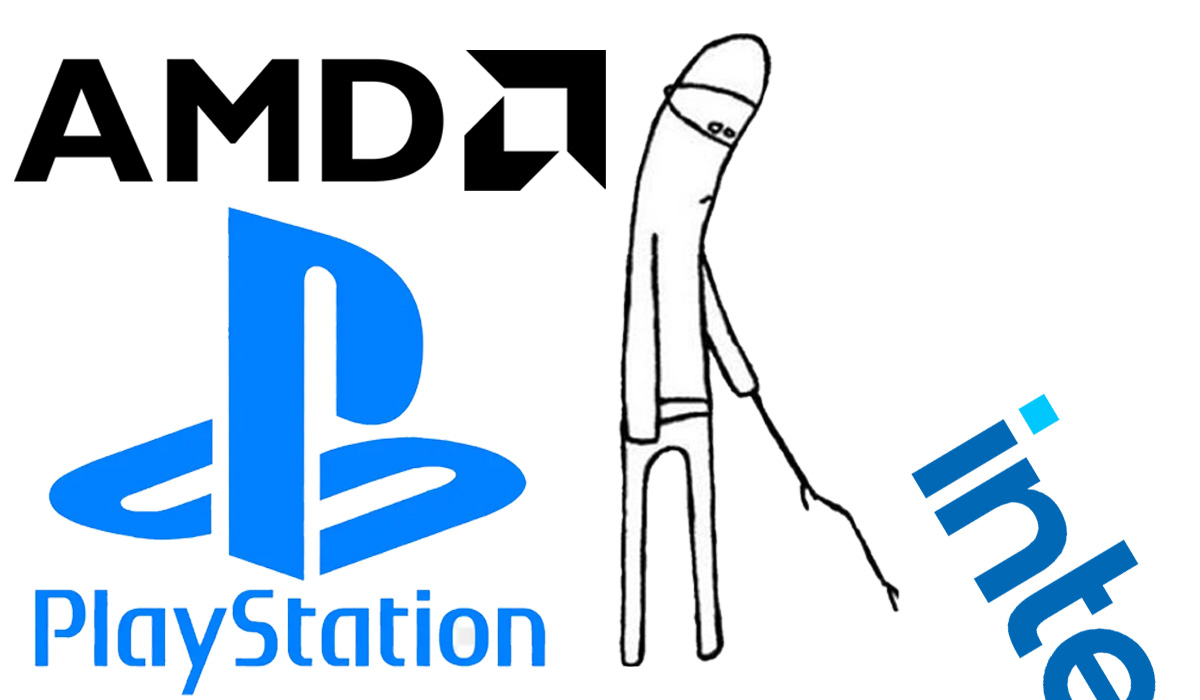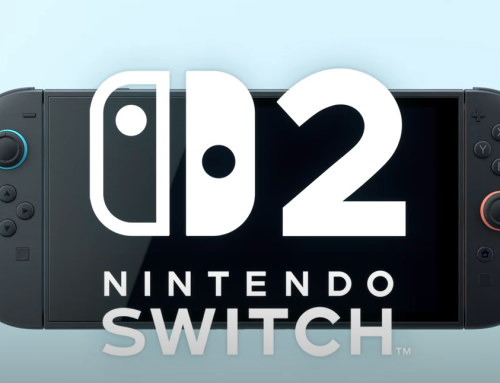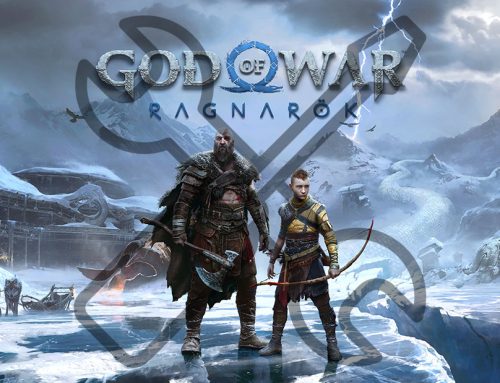In a major setback for Intel’s ambitions to expand its contract manufacturing business, the tech giant lost the bid to design and fabricate the chip for Sony’s highly anticipated PlayStation 6. The competition for the lucrative contract came down to Intel and AMD, with AMD ultimately securing the deal. This loss represents a critical challenge for Intel’s foundry business, a cornerstone of CEO Pat Gelsinger’s turnaround strategy.
Background and Context: Intel’s Foundry Strategy Under Gelsinger
Intel’s efforts to win the PlayStation 6 contract were part of a broader initiative led by CEO Pat Gelsinger to revitalize the company’s foundry business. In 2021, Gelsinger announced Intel’s plan to create a foundry unit capable of manufacturing chips for other companies, aiming to compete with dominant players like Taiwan Semiconductor Manufacturing Co. (TSMC) and Samsung.
Winning the PlayStation 6 chip deal would have been a significant win for Intel’s foundry division, bolstering its manufacturing capabilities and positioning it as a stronger competitor in the semiconductor industry. However, the contract ultimately went to AMD, a company with a long-standing relationship with Sony, as it had supplied custom chips for the PlayStation 4 and PlayStation 5.
Why Intel Lost: Key Issues in Negotiations
Intel’s failure to secure the PlayStation 6 contract stemmed from several factors, including disagreements over pricing and Sony’s focus on backward compatibility. According to sources close to the negotiations, Intel and Sony could not agree on the profit margins for each chip sold. This dispute played a significant role in the breakdown of talks.
Additionally, Sony’s concerns about backward compatibility between its next-generation console and older PlayStation systems were pivotal. Moving away from AMD’s architecture, which powered the PlayStation 5, to Intel’s design would have posed risks to compatibility with existing games. Ensuring that PlayStation 6 users could play games from previous generations is a key feature for Sony, and the potential disruption to this functionality contributed to Intel’s loss of the contract.
AMD vs. Intel: Why AMD Won the Deal
AMD’s victory in securing the PlayStation 6 chip contract is not surprising, given its history with Sony. AMD’s chips have powered Sony’s PlayStation consoles for several generations, including the PS4 and PS5. This longstanding relationship likely gave AMD an edge over Intel, as the company’s technology had already proven to be compatible with Sony’s gaming infrastructure.
In contrast, Intel was trying to break into this market, and the risk associated with transitioning to Intel’s design was too high for Sony. AMD’s proven track record with gaming consoles and its competitive pricing made it the preferred choice.
Impact on Intel’s Foundry Business and Financial Performance
Losing the PlayStation 6 contract is a significant setback for Intel’s foundry business, which has struggled to gain traction since its launch. The foundry division, which is designed to manufacture chips for external clients, was supposed to be a key growth driver for Intel under Gelsinger’s leadership. However, without marquee customers like Sony, the division has faced financial difficulties.
In April 2024, Intel reported $7 billion in operating losses from its foundry unit, underscoring the challenges it faces in attracting major clients. Securing the PlayStation 6 chip contract would have brought steady revenue for years, as Sony consoles typically sell more than 100 million units over their lifecycle.
The Future for Sony and AMD
For Sony, selecting AMD to design the PlayStation 6 chip ensures continuity and backward compatibility, a feature highly valued by its gaming community. Sony recently announced the PlayStation 5 Pro, but it has not yet unveiled details of the PlayStation 6. However, with AMD on board, the next-generation console is expected to maintain its reputation for delivering top-tier gaming performance.
AMD, meanwhile, continues to solidify its position in the gaming industry. Its role as the chip supplier for PlayStation consoles, coupled with its leadership in PC gaming and data center technologies, reinforces its standing as a dominant player in the semiconductor space.
Intel’s failure to win the PlayStation 6 chip contract is a blow to its foundry business, which is already facing significant financial challenges. Pricing disputes and concerns about backward compatibility were key factors in Intel’s loss, while AMD’s established relationship with Sony helped secure the deal. As Intel grapples with this setback, AMD and Sony continue their collaboration, ensuring the next PlayStation will meet the high expectations of gamers worldwide.




